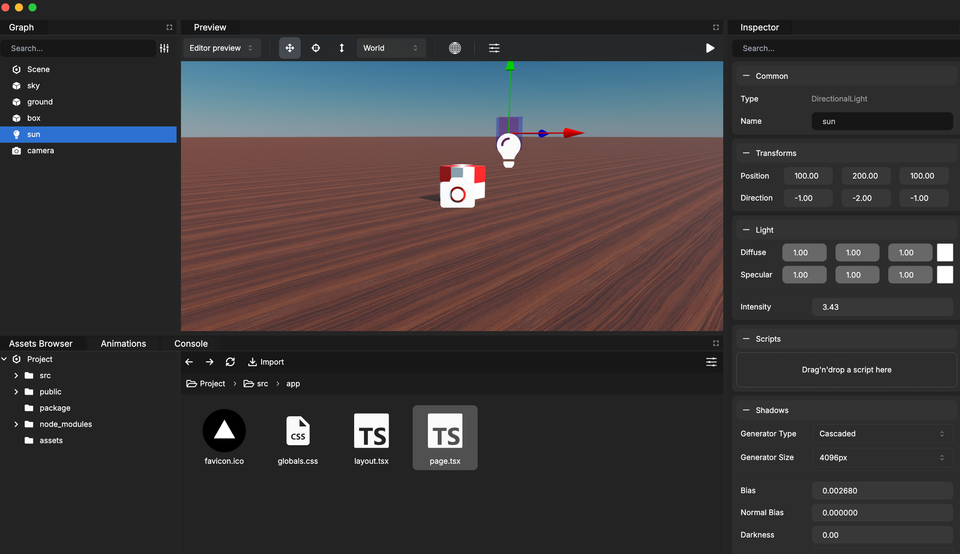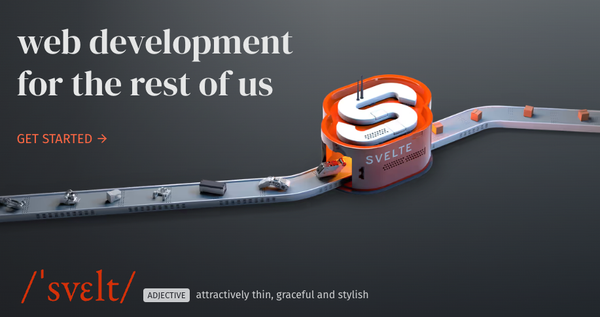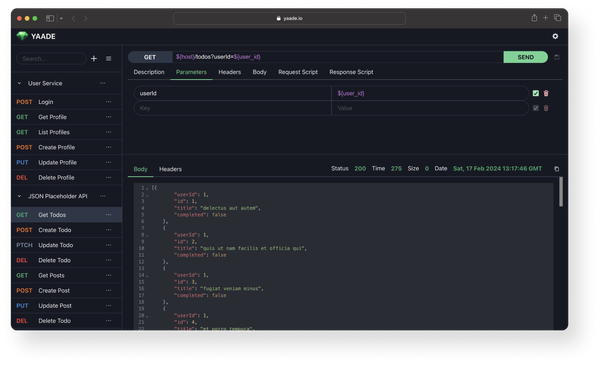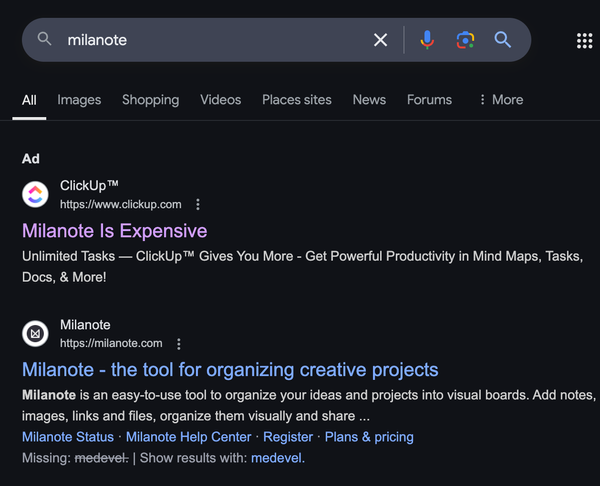Babylon.js: A Cool Game Engine with an Immature Editor That Needs Work
Table of Content
Babylon.js has made its mark as a powerful game engine and AR/VR framework for building interactive, web-first 3D environments and games. While it owes its roots to Three.js, Babylon.js has grown into a rich and feature-packed ecosystem.
Its versatility and dozens of free, open-source tools make it a great choice for developers exploring 3D web technologies. However, when it comes to its editor, the experience is less than stellar.
Babylon.js editor initially caught my attention with its sleek interface and promising features. However, it quickly became clear that it needs significant improvement, especially in script editing, animation workflows, and material management.
It is important to note that the editor did not get any update since about two years.
The Editor: Promising, But Falls Short
Babylon.js provides an editor that runs on Windows and macOS (both Intel and Apple Silicon), and it’s integrated with Next.js. While this might seem like a solid foundation, the reality doesn’t quite match the expectations.
Why the Editor Feels Incomplete
1- Limited Script Editing Modes:
The editor interface looks like what you’d expect from a game engine, but the script editing functionality leaves a lot to be desired.
It feels clunky and underdeveloped, which can be frustrating for developers who rely on seamless script integration.
2- No Built-in Script Editor:
The editor does not include a script editor, so you will need to use external code editors like VSCode to write and edit your scripts. This adds another layer of complexity and reduces the convenience for users who expect an all-in-one solution.
3- Build Issues:
One of the biggest pain points is the inability to build projects smoothly. Despite several attempts, building even the default template often results in errors related to importing libraries.
This major flaw makes it difficult to transition from development to deployment, raising questions about the editor’s usability for the community.
Why Next.js Is a Double-Edged Sword
Using Next.js as the base for the editor does have its perks. It allows for easy deployment to platforms like Vercel, and maintaining projects is straightforward.
However, these advantages are overshadowed by the editor’s immaturity and the unresolved build issues. While the idea is great in theory, the execution leaves room for improvement.
Should the Community Be Concerned?
With its current state, the editor’s limitations make it hard to fully recommend Babylon.js as a game engine for everyone. Developers looking for a seamless workflow might find the experience frustrating.
It’s unfortunate because the engine itself is robust and has the potential to be a game-changer for 3D web development. But as it stands, the editor feels like a missed opportunity.
What Can Be Done?
The Babylon.js team has clearly invested a lot in building a rich ecosystem, and they deserve credit for their achievements. However, the editor’s issues must be addressed for it to be a truly community-friendly tool.
Fixing the build errors and improving the script editing experience would go a long way in making it more usable.
A Note for Developers
If you’re exploring 3D web development, you might want to consider alternatives like React Three Fiber or get started with Three.js. Both provide a solid foundation and might save you from some of the frustrations associated with Babylon.js’s editor.
What Do You Think?
Have you tried using Babylon.js and its editor? What’s your experience been like? Do you agree that the editor needs significant improvements, or have you found ways to work around its limitations? Share your thoughts in the comments and let’s discuss how we can make Babylon.js better for everyone.
The biggest concern is that due to its current shortcomings and limited adoption, developers might abandon it altogether. This would be unfortunate for such a promising tool. What do you think?










